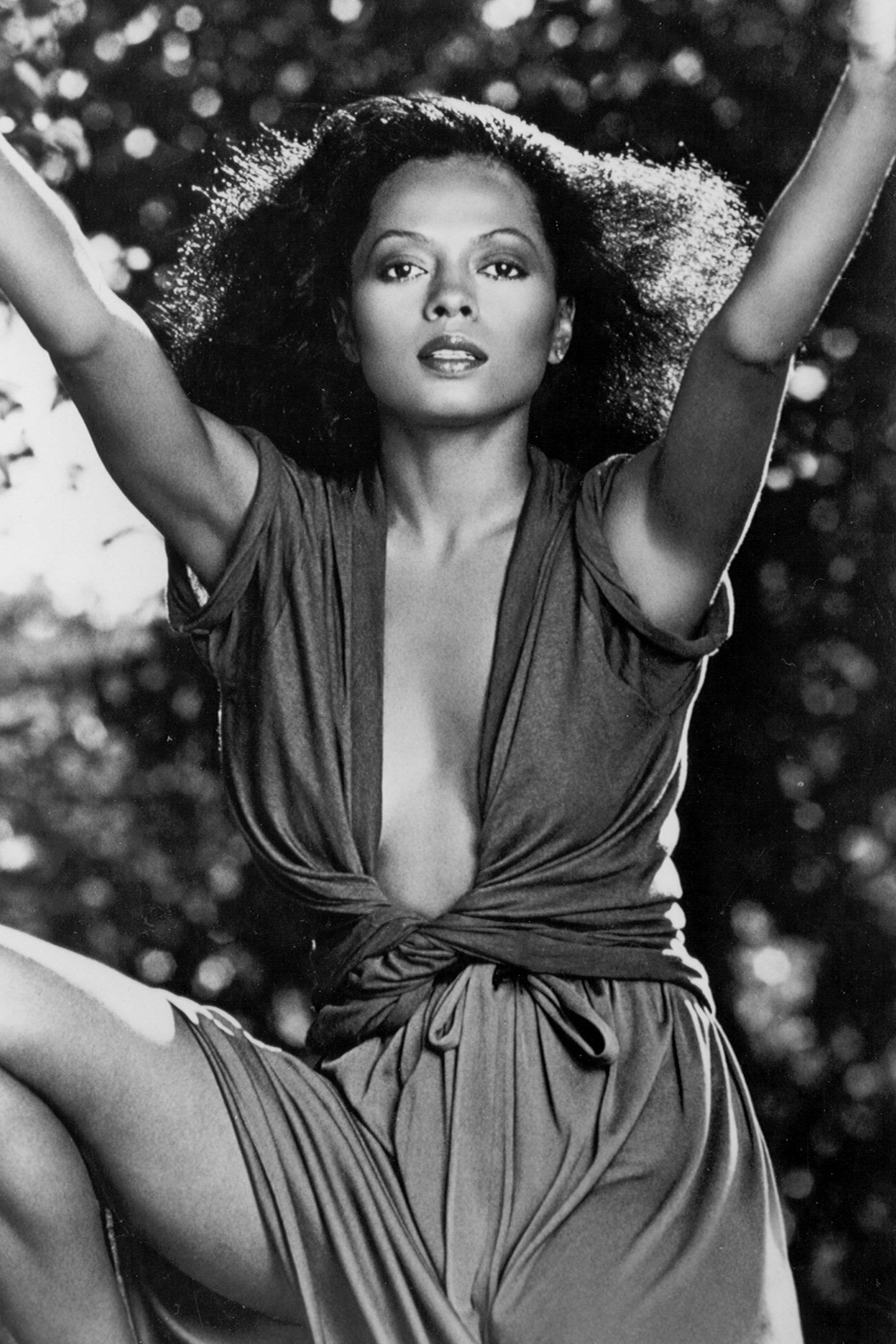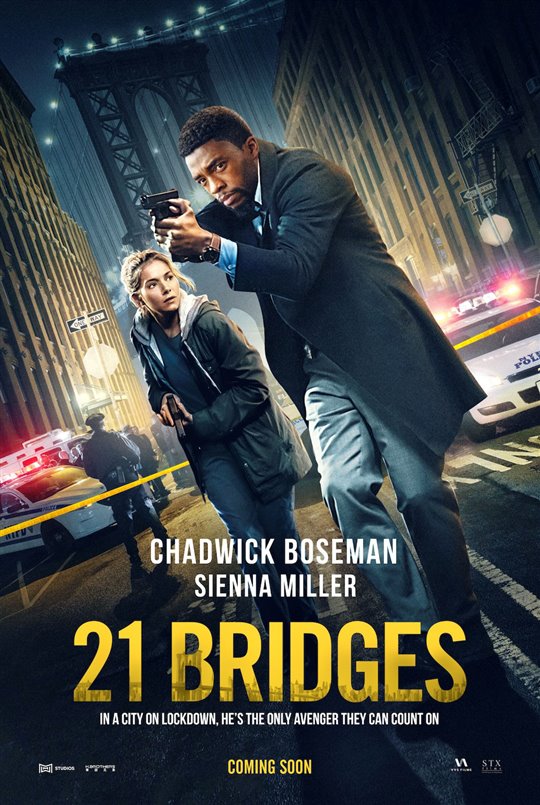by Matt Gaskin

I saw "The Invisible Man" with Elisabeth Moss last night. The movie was plenty creepy on its own but I think it was elevated in my head by the fact that I'd recently watched her in The Handmaid's Tale. Her characters in both are women who have escaped the people who have tortured and objectified her, literally meaning that they turned her into an object that can be owned and used like a tool to achieve some sort of end.
[Spoilers to follow]
The symbolism seems very post-modernist to me. The protagonist is controlled the entire movie by an oppressor who cannot be seen and whose very existence is doubted by everyone to whom she tries to explain her situation. Instead of believing her narrative, that an invisible man was framing her for murder in an attempt to take control of her reproductive rights and bring her into captivity, they chose the more reasonable belief that she was insane. Stripped of her family, friends and freedom by a force that could neither be seen nor fought, she was given the ultimatum to either remain this physical and social prison, or to capitulate to the demands placed upon her by that unseen power.
One framework to understand this could be Michael Foucault's description of Jeremy Bentham's panopticon. The panopticon is a prison whose economy came from a design which made each prisoner feel as if they were under constant surveillance without having to actually constantly place them under watch. Marvel created a prison like this for super villains. The jail cells all face outwards in a circle with a guard tower in the middle with one way windows on all sides. From inside the tower an observer would be able to see a 360-degree view of every prisoner, but the prisoners would only see each other and the tower. They would never know if someone was in the tower and if they were being observed, so they would assume that someone was always watching and always behave accordingly. The guard tower wouldn't even have to be fully-staffed at that point, so long as no one could be seen coming and going. Bentham didn't imagine modern security cameras, but they would have the same sort of effect as they ensure that people believe they are being filmed.

What Foucault points out is that the power of the panopticon is itself invisible. It exerts force without having to actually exert force. He would go on to argue that much, if not all, of what keeps modern society together is due to similar forces which cannot be seen, are difficult to identify, but apply a powerful pressure on individual choices, freedom and behavior nonetheless. These pressures exert themselves and it's not always clear where they are coming from. They create beliefs and weave narratives which may not have an ontological reality, but bring about real world consequences. One of the most powerful outcomes arising out of hidden, unseen oppression is the fact that the oppressed do not consciously realize they are being manipulated, and if they figure it out, they are not believed.
The narrative follows a familiar path toward handling this type of unseen oppression. The protagonist attempts to reveal the hidden villain and is declared insane. When the protagonist persists in their claims, they are imprisoned (physical or psychological). The solution is ultimately a struggle to remove the power of the unseen force by unmasking it and making it visible. But the destruction of the method of oppression is different from destroying the actual source of oppression. For example, the prisoners in the panopticon might imagine that if they could destroy the guard tower or reveal who is watching them, that this would be enough to liberate their situation. But it isn't really the guard tower or the guards that keeps them from their freedom, it's an entire system at work. In this situation, the protagonist makes visible her assailant and reveals his identity, but the actual power behind her trouble remains hidden. She finds herself in a loop where having revealed her initial claims of conspiracy as true, she is again being disbelieved and accused of insanity when asserting that the real villain is yet to be captured.
This is where I question the direction of the story, because the ultimate solution to unmasking this unseen power is essentially violent revolution. The protagonist cannot be helped by family, friends, or even the law. The only thing remaining to her is to adopt the methods of her oppressor and then kill them. She had to become invisible herself and become her oppressor in order to be free of him. The message seems to be that revealing these unseen powers will never be enough because society will never see them and will never take meaningful action, at least not within a reasonable amount of time. The only solution is radical and decisive action.



